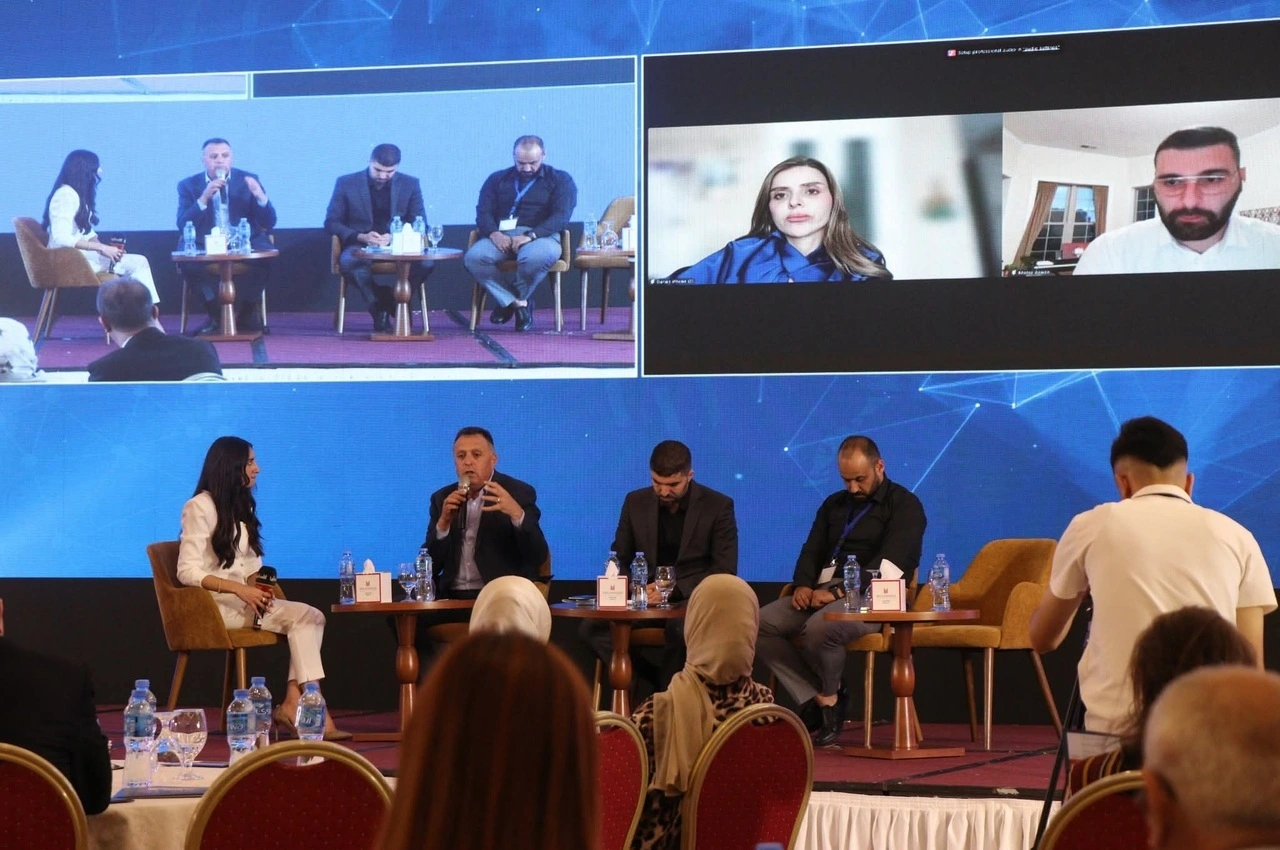


Palestine Technical University – Kadoorie concluded the activities of the international media conference titled “Media and the Palestinian Cause in the Digital Age” with a set of key recommendations aimed at strengthening the global presence of the Palestinian narrative in digital spaces and institutionalizing digital media practices on professional and national foundations in response to the rapidly evolving international media landscape.
The conference emphasized the need for a regulatory framework to institutionalize digital journalism through the Palestinian Journalists Syndicate. This would establish a unified national media reference body to oversee digital journalism, ensure journalist protection, and promote professional performance within a clear ethical environment.
Recommendations also highlighted the importance of modernizing media tools to meet the demands of digital transformation, integrating digital media into university curricula, and offering specialized training for students and media professionals to enhance their digital competencies.
In support of the Palestinian narrative, the conference called for the development of robust Palestinian digital media networks capable of producing high-quality content and creating media incubators to document Israeli violations and counter misleading Zionist narratives on digital platforms.
The conference further stressed the importance of strategic partnerships between academic and media institutions to bridge the gap between theoretical knowledge and professional practice, enabling graduates to acquire essential practical skills in digital journalism.
Among the key recommendations was the proposal to establish a multilingual national digital platform focused on promoting the Palestinian narrative to Western audiences using language and values relevant to their contexts. This would significantly enhance Palestinian digital diplomacy and its influence on global public opinion.
Participants also recommended drafting digital media codes of ethics that ensure privacy, reduce hate speech, and protect digital journalists from targeting and legal liability.
The recommendations included a call to digitize the Palestinian archive using formats that align with the nature of digital platforms. This initiative is vital for preserving national memory against distortion, erasure, or appropriation.
In light of ongoing Israeli violations, the conference urged the media sector to enhance real-time digital coverage and use AI tools for monitoring and documentation, thereby increasing the global impact of Palestinian content.
Finally, the participants emphasized leveraging supportive international media experiences and forming global digital media alliances to amplify the Palestinian voice. The closing recommendation focused on the development of comprehensive national media strategies that globally elevate the Palestinian narrative and strengthen its capacity to counter systematic propaganda campaigns against the just cause of Palestine.